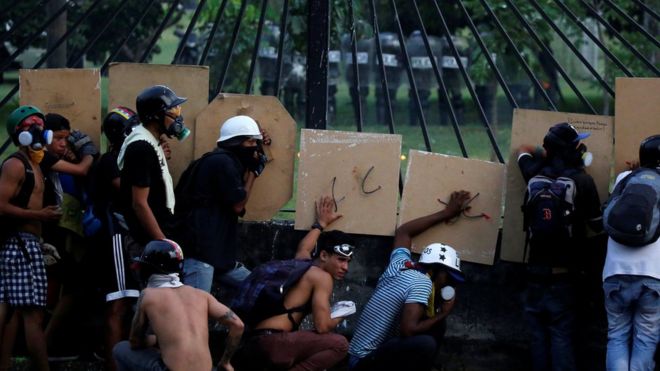By: Brian Kim
Impunity Watch Reporter, Asia
BEIJING, China – Chinese human rights lawyer, Xie Yang was brought up on charges of subversion in 2015. Initially, Xie maintained his innocence.
In recent court proceedings, Xie then altered his statement and plead guilty to charges of subversion and disrupting a court order. Xie stated he was “brainwashed” in Hong Kong and South Korea to promote western constitutionalism in China. Xie appeared in a video where he stated he had not been mistreated in custody by Chinese officials.
Xie’s trial was said to be open by the Chinese government. However, Western journalists and diplomats were denied entry. Many friends and supporters of Xie Yang reported that his confessions during trial appeared rehearsed.

Since President Xi Jinping took office, his government warns against Western ideals and the threat these ideals can have on national security. Cases dealing with “land grab victims” and proponents of democratic reform are considered highly sensitive to government authorities in China. Recently, Xie Yang and several human rights lawyers were put on trial dealing with these issues.
Amnesty International has stated that the Chinese government wanted to use Xie Yang’s trial “to discredit his lawyers and the Western media.” The United Nations requested that Chinese authorities release all activists and attorneys being held in custody who have been accused of defending basic rights of Chinese citizens.
Xie Yang’s attorney, Chen Jiangang, who represented him throughout trial was also taken into custody, according to sources close to Xie Yang.
For more information, please see:
BBC – China human rights lawyer Xie Yang ‘admits being brainwashed’ – 8 May, 2017
NYT – In Reversal, Chinese Lawyer Confesses, and Rights Groups Denounce His Trial – 8, May 2017
Reuters – China begins trial of rights lawyer for ‘subversion of state power’ – 8 May, 2017

